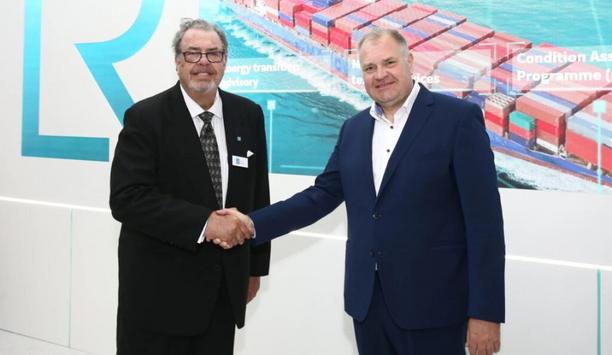What should maritime stakeholders focus on in the coming years to accelerate maritime decarbonisation?
At this week’s Getting to Zero Coalition Workshop, participating Coalition members collaborated on detailing out an action plan to make the full decarbonisation of shipping concrete and tangible. Participants focused on the combination and acceleration of four change levers: technology on land and on board, mobilising demand, financing, and policy.
Accelerating shipping decarbonisation
“Since the Coalition’s establishment in 2019, we have come a long way together on our journey to decarbonise international shipping,” says Johannah Christensen, CEO of the Global Maritime Forum.
During this workshop, it was clear that the members of the Coalition want to go further and faster"
“During this workshop, it was clear that the members of the Coalition want to go further and faster. The action plan that we developed together details out the steps we need to take collectively to reach our shared goal,” Johannah Christensen continues.
To explore and determine what the maritime sector must do in the short and medium term to accelerate shipping decarbonisation, workshop participants collaborated in working groups on breaking down the Getting to Zero Coalition’s ‘Strategy for the Transition to Zero-Emission Shipping’ into concrete actions.
Zero-emission shipping
“The transition to full decarbonisation by 2050 is possible, but countries and companies with potential to support and deploy zero-emission shipping this decade must increase engagement though more ambitious and concrete steps. Now is the time for bold action. Those facing higher barriers must rapidly adapt and prepare for the upcoming transition,” says Domagoj Baresic, Research Associate, University College London (UCL).
In addition to its action focus, the workshop marked the Coalition’s alignment with that of the Call to Action that was launched by the Getting to Zero Coalition in 2021, aiming for full decarbonisation of shipping by 2050.
To reach that target, the development of industrial scale zero-emission shipping projects and the adoption of policy measures to support the commercial deployment of zero-emission vessels and fuels are needed, making ordering of zero-emission vessels the default choice by 2030.
Achieving net zero global emissions
Decarbonising shipping is critical and increasingly urgent to achieving net zero global emissions"
“Decarbonising shipping is critical and increasingly urgent to achieving net zero global emissions,” says Keith Dawe, Decarbonisation and Energy Transition Lead, Cargill Ocean Transportation.
“With industry alignment on the Call to Action for Shipping Decarbonisation, the Getting to Zero Coalition adds further motivation for governments to empower the industry by sending a clear signal committing to full decarbonisation,” Keith Dawe continues.
Global supply systems
Announced at the UN Climate Action Summit in New York in 2019, the Getting to Zero Coalition now counts more than 200 member organisations within the maritime, energy, infrastructure, and finance sectors, supported by key governments and IGOs.
“Maritime decarbonisation is integral to the achievement of sustainable global supply systems. The Getting to Zero Coalition has demonstrated the importance of leadership and sectoral collaboration, while raising the ambition for sustainable shipping and working towards zero-emission targets focused on just and equitable outcomes,” says Margi Van Gogh, Head of Supply Chain & Transport Industries at The World Economic Forum.












